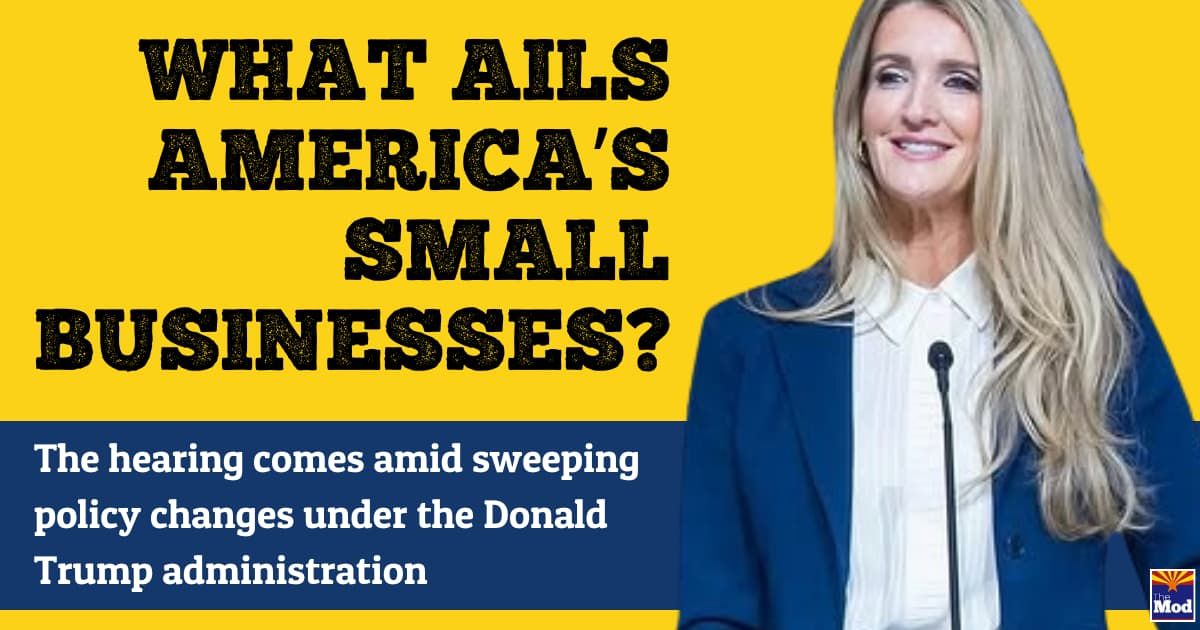Kelly Loeffler grilled at senate hearing as worries grow over state of small businesses

Washington D.C.: At a senate hearing yesterday (May 21), Small Business Administration (SBA) head Kelly Loeffler was grilled by Senator John Hickenlooper (D-Col.) about the mounting challenges facing American small businesses, in the wake of changes to loan processes and the impact of new U.S. tariffs.
Senator Hickenlooper opened the discussion by recalling his own experience applying for an SBA loan, which took nearly a year to process. While Loeffler noted improvements in the process—citing efforts to make lending more predictable and efficient—recent regulatory changes have actually made the process more rigid and potentially time-consuming for many applicants.
The SBA’s updated Standard Operating Procedure (SOP 50 10 8), effective June 2025, has tightened underwriting guidelines and reduced lender discretion, which could lengthen approval times and make it harder for unconventional or newer businesses to qualify.
Currently, the average SBA loan still takes between 30 and 90 days to process, with many applicants reporting longer waits due to documentation and eligibility hurdles.
ALSO READ
Kevin Spacey continues on path to redemption with major award at Cannes
Trump launches multimedia broadside at SA president over 'genocide' in 'made-for-TV' meeting
A major point of contention was the impact of the 2025 tariffs—a universal 10% levy on all imports, with much higher rates on goods from China and Vietnam—on small businesses.
Hickenlooper highlighted that these tariffs have disrupted supply chains, especially for businesses in the outdoor recreation, apparel, and footwear sectors. Many of these companies rely on manufacturing in Southeast Asia, and the sudden increase in costs has put their thin profit margins under severe strain.
The hearing also delved into the feasibility of reshoring manufacturing to the U.S. While Loeffler pointed to recent investments in domestic manufacturing—including microchips and textiles—as evidence that “Made in America” is possible, Hickenlooper expressed skepticism.
The hearing closed with calls for Congress to prioritize tax reform and fair trade negotiations, but business owners remain concerned about the immediate future and the potential for further shocks.
This hearing comes amid sweeping policy changes under the Donald Trump administration, which has prioritized domestic manufacturing, higher tariffs, and tax cuts for small businesses as part of a broader “New American Industrialism” agenda. While supporters argue these measures will revitalize small towns and create jobs, critics warn they could raise costs for consumers and drive some businesses to the brink.
